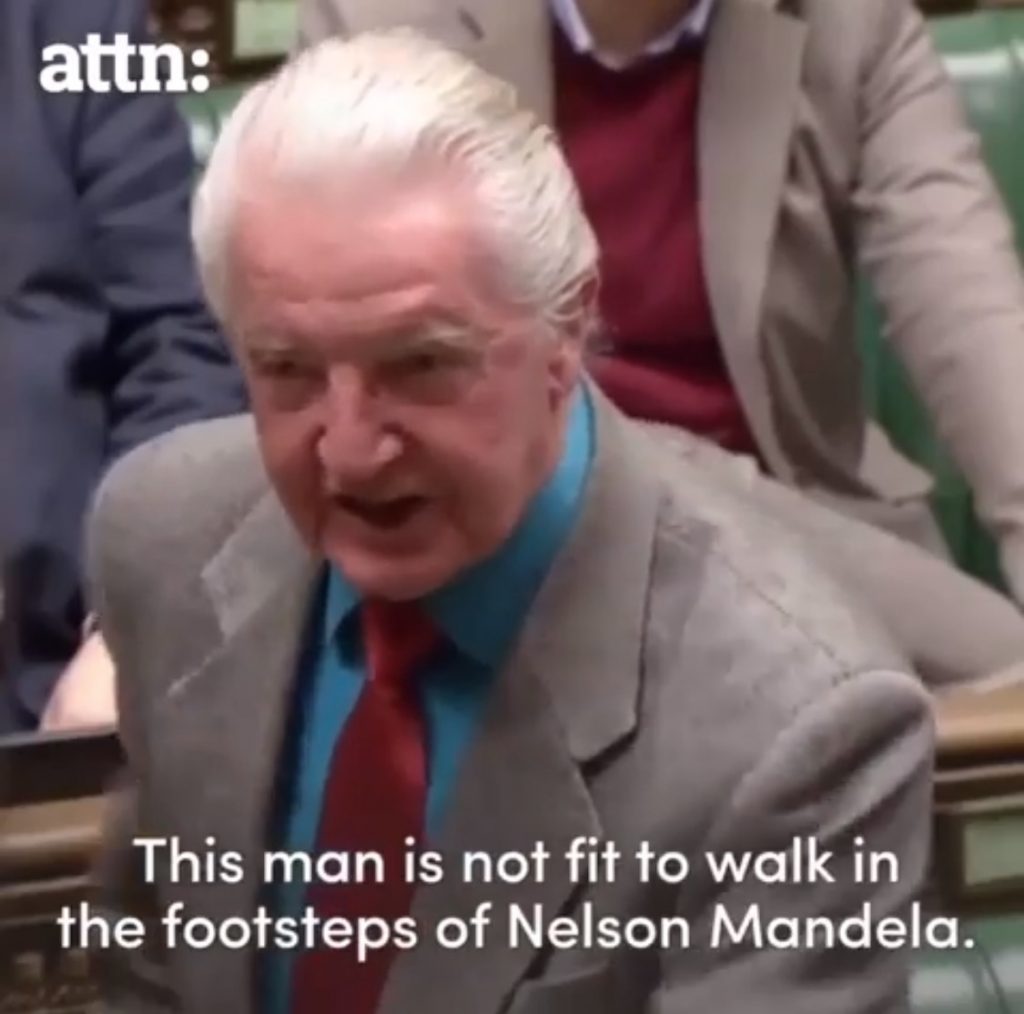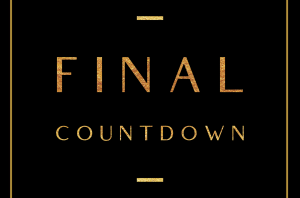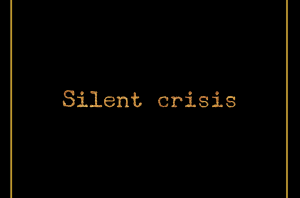
UK lawmakers debated banning President Donald Trump from visiting the UK after a petition to ban him received over a million signatures. The petition floated around across the UK in response to Trump’s travel ban against immigrants and refugees from majority-Muslim countries.
During Monday’s debate, UK lawmaker Peter Grant criticized Trump as a “leader of what once was the free world [who] doesn’t know the difference between” true Islam and what he referred to as “the poisonous perversion of Islam.”
Despite all this Donald Trump’s state visit to Britain will go ahead later this year although the question of whether or not he will address Parliament is still to be decided, 10 Downing Street says
Donald Trump’s state visit has sparked protests in London and an outcry in Parliament following the US President’s executive ordertemporarily banning citizens and refugees from seven Muslim-majority countries.
Prime Minister Theresa May issued the invitation to Mr Trump on behalf of Queen Elizabeth II during her visit to the White House on Friday, just seven days after the President’s inauguration.
Former permanent secretary of the foreign office Peter Ricketts says the speedy invitation has placed the Queen at the centre of a political row, given the backlash in Britain against Mr Trump’s early decisions, which include an order to build a wall between Mexico and the United States.
Lord Ricketts said it was “unprecedented” for a US President to be invited in their first year and urged the visit be downgraded to an official trip.
But the prime minister’s spokeswoman told a briefing of foreign media that the invitation was not unprecedented as presidents from other countries had visited in their first year in office.
It’s not unprecedented – the approach we have taken,” the spokeswoman said.
She added that “a number of people” had been involved in discussions involving the official invitation from the Queen before it was issued.
poll by YouGov published Wednesday said nearly half of Britons surveyed thought Mr Trump’s visit should go ahead, despite 1.7 million people signing a petition for his visit to be cancelled.
Just 36 per cent believed invitation of a state visit should be rescinded. Sixty per cent of the men surveyed approved of the visit while women were evenly split.
But half of all 6926 voters surveyed thought Mr Trump’s Muslim ban was a bad idea.
A fierce row has broken out in Parliament over whether Mr Trump should address Parliament from Westminster Hall, an honour afforded to presidents Obama, Clinton and Reagan, as well as Nelson Mandela and Aung San Suu Kyi.
The prime minister’s spokeswoman said a decision on a parliamentary address would be made in negotiation with parliamentary authorities.
It’s some months away,” the spokeswoman said.
“Of course views will be taken into account on that and determining what that program looks like to ensure a successful visit.”
The prime minister’s spokeswoman said the timing of Mr Trump’s visit this year is still be decided and said Mrs May is “looking forward” to hosting the President.
“The US is a vital ally for the UK and it’s important that we build strong ties with the new US administration,” the spokeswoman said.
“Of course we recognise that there are differing views around it and people have a right to peacefully protest and express those views, but the state visit stands.”
Mrs May is under fire politically for appearing too close to President Trump.
She faced sustained questioning in Prime Minister’s Questions over her visit and her initial reluctance to condemn the Trump administration’s “Muslim Ban”. Ten Downing Street refused to confirm or deny media reports that Mrs May was told during the Friday meeting that the executive order was coming.
Britain and the US want to negotiate a trade deal once the UK leaves the European Union. Britain and Australia have already begun scoping studies but formal negotiations are forbidden for as long as the UK remains in the EU.
Ten Downing Street would not confirm media speculation that Mrs May would trigger Article 50, the formal process of leaving the EU on March 9.
By Latika Bourke










